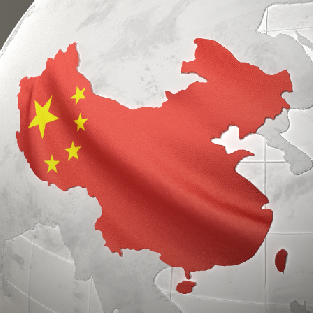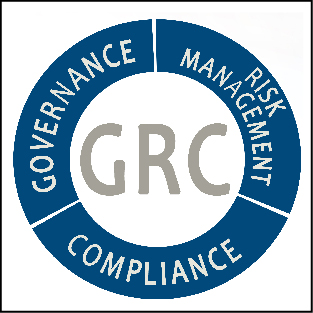Banking Today

The online flipbook version of Banking Today is available for HKIB Members, and the Cover Story is now open for public reading.
Read Cover Story here and full journal via Members' Login.
For Non-Members, please continue reading by joining HKIB Membership or subscribing to Banking Today.
|
Issue #103 (Nov - Dec 2018)
|
 |
Cover Story
Finding the right balance between profitability and client interests
Following the global financial crisis, the focus of regulators was on strengthening the balance sheets of financial institutions. Now, the focus on customer outcomes is coming more into focus and conduct is becoming more important than ever. Banks therefore need to strengthen their internal measures to manage conduct risk, and develop a conduct culture that balances growth objectives with sustainable business practices that put the customer first and generate value to end clients. It is becoming increasingly essential for financial institutions to treat conduct risk as a separate risk type within their risk management framework, and to utilise the key enablers to effectively manage this risk.
|
 |
HKIB Banking Conference 2018
Smart Banking for a Smart Society
The highlight of the banking calendar, The Hong Kong Institute of Banker’s (HKIB) 10th Annual Banking Conference took place on 27 September 2018. A diverse mix of industry players and experts came together to offer their opinions and expertise on a wide range of topics. The conference offered valuable insights into the ways banks can succeed in the new smart banking landscape and truly operate under the ethos ‘Banking for a Smart Society’. It illustrated that by nurturing talent, investing in Fintech innovation and creating customer-centric products, banks can create a smart banking eco-system in Hong Kong that benefits not only the banking industry but all of society.
|
 |
China World
Economic miracle in 40 years
The People’s Republic of China’s (PRC’s) rise to a super economic power is universally acknowledged to be no less than a miracle, for the spectacular performance took place all within a very brief span of forty- years (1978-2018). In 1999, the PRC went from a low-income country to a lower-middle-income country and then in 2010 was classified as an upper-middle-income country. Predictions about the PRC’s performance have been fraught with mistakes, and so this article espouses a new growth theory which attempts to integrate conventional neo-classical growth theory with institutional growth theory (the political economy of growth) into a more general one.
|
 |
FinTech
Showcasing Hong Kong's finest in Fintech
The world’s first cross-border Fintech event, Hong Kong Fintech Week 2018, saw more than 8,000 participants and over 200 key Fintech founders and CEOs, investors, regulators and academics gather in venues in Hong Kong and Shenzhen to network with peers and showcase their Fintech solutions and innovations. Organised by Invest Hong Kong, with The Hong Kong Institute of Bankers as one of the supporting organisations, the event demonstrated the phenomenal development in the local Fintech industry, stemming from increased investment, regulatory improvements and governmental support that has boosted the city’s international status.
|
 |
GRC Corner
New regulations for complex products
As investment services go digital, Hong Kong regulators have found it necessary to issue tailored guidance to protect investors. From April 2019, new guidelines will increase the regulatory requirements for banks offering investment products through online platforms. The guidelines contain specific guidance to regulated entities which provide order execution, distribution or advisory services in respect of investment products via online platforms. The guidelines explain how existing requirements (such as the suitability requirement) apply in an online context; and importantly, impose additional requirements in respect of complex products for added protection of investors.
|
 |
Talk Around Town
Innovative solutions to land supply crisis
Land supply, or the lack thereof, has long been a thorn in the side of Hong Kong’s infrastructure development. It has even been argued that the shortage of land is the root cause of the majority of socio-economic problems in Hong Kong, as it contributes to higher prices, higher rents and an overall lack of competitiveness, which results in poorer standards of living across the city. There are numerous opportunities for banks to help with the land supply crisis; the banking industry should implement innovative solutions to one of the most significant and persistent problems facing Hong Kong.
|








